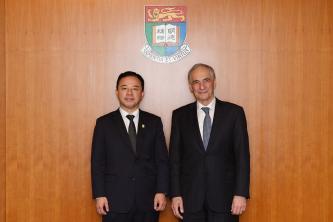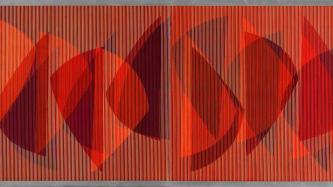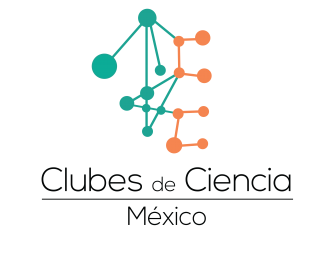News
Article
The University of Chicago (UChicago) and The University of Hong Kong (HKU) announced the renewal of two memoranda of understanding (MoU) related to research and student exchange for three years until 2021, in a move to strengthen collaboration between the two universities.
Jan 10, 2019
Article
Mari Carmen Ramírez helps put Latin American art on the map. As the Wortham Curator of Latin American Art at the Museum of Fine Arts Houston, Ramirez has built one of the top collections of Latin American art in the world.
Jan 03, 2019
mbejarano
The Americas
Cultures, Creeds, Arts & Society
Article
Hernandez shares her love of research with Mexican students
Jul 28, 2018
The Americas
Article
Each year the Sci-ROI Annual Event convenes delegates from academia, government, and industry in India; all are interested in recruiting graduate and postdoctoral talent in science and engineering from the Midwest. The second Sci-ROI Annual Event took place on September 9th and 10th at the Biological Sciences Center at the University of Chicago and was hosted by UChicago Global, Science and Research Opportunities (Sci-ROI), and WINStep Forward.
Sep 10, 2017
UChicago Global
5801 South Ellis Avenue
Chicago, IL 60637
global@uchicago.edu
© Copyright 2019–2025 University of Chicago


